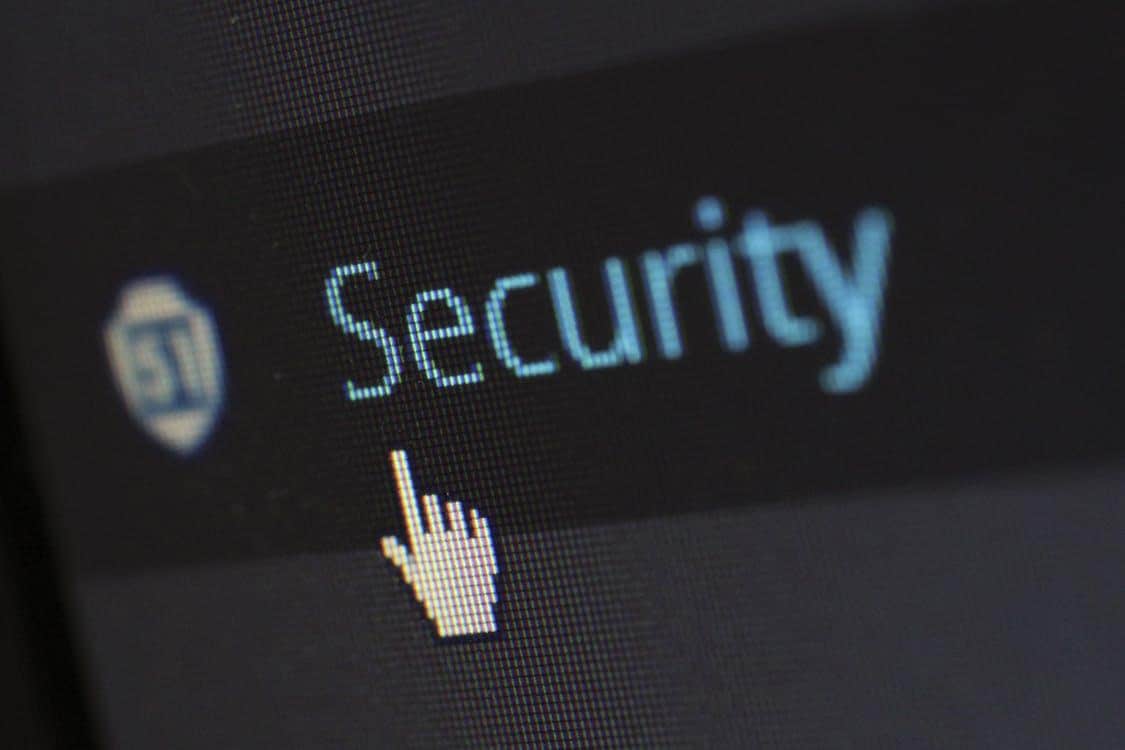In this article, we’re going to take a look at the distinctions between different Internet Protocol (IP) addresses and how they can affect your online security. We’ll then explain what you can do to mitigate these risks.
What is an IP address?
An IP address is a unique number assigned to every device connected to the internet. These numbers work like a postal address and help devices to identify each other and know where to send information, just as the address on a letter indicates which house to deliver it to.
IP addresses are pretty difficult to remember, so the internet uses a system called DNS (Domain Name System) to allow people to use domain names rather than IP addresses to find the sites they wish to visit.
When you type the domain name of a website into your browser, your device performs a DNS request, which is essentially your browser asking for the IP address associated with the domain name you’ve entered. The DNS then sends this information back to your device and your browser is able to load the page.
Private and public IP addresses
Private IP addresses are issued by your router to devices on your network. This allows every device around your home to communicate with each other, such as your laptop and your printer.
A public IP address is different in that it is a globally unique number that enables devices to communicate across the internet. They can only be assigned to one device at a time.
Static and dynamic IP addresses
A static IP address means the IP address assigned to your device doesn’t change. Using one can make your connection faster and more reliable, but they typically aren’t used by a lot of devices as they cost money. Instead, the majority use a dynamic IP address.
A dynamic IP address is one that can change every time a device connects to a network. For example, some people switch from their smart phone’s mobile data to their router when they get home as it conserves data and makes your smartphone a bit faster.
Every time your device switches network, e.g from home to work, its IP address will change. But even when using the same device on the same network, if your IP address is dynamic it could change every few weeks or even every day.
This is because your IP address is assigned by your ISP (Internet Service Provider). The same goes for connecting to a public network, like the free WiFi at your local coffee shop or when you go abroad and connect to the internet using another network.
If you don’t believe us, you can see this change for yourself. The next time you log on to a public hotspot, use a IP address checker before and after making the switch from mobile data to the public network. You should see that the ISP has allocated your smartphone a new, totally different IP address.

So, does my IP address pose a risk to my security?
IP addresses themselves don’t pose any risk to you online – as we said, they’re fundamental to the internet’s functionality as well as your devices’ ability to communicate with each other. The dangers arise when you connect to the internet using a DNS server assigned by your ISP.
When your computer sends a request to your local DNS server, your ISP can surreptitiously log the IP addresses of the domain names you enter and in doing so, a record which sites you visit. This may not sound too objectionable at first, but your ISP can then sell this information to advertisers who in turn can target you with bothersome marketing campaigns.
These invasions of privacy have unsettled a lot of internet users and prompted many to consider using a VPN (Virtual Private Network).
VPNs are a system of privately-owned servers that you can use to access the internet instead of the DNS servers chosen by your ISP.
The software you use to access these networks also encrypts your data before it leaves your device, offering even better security. Still, using a VPN doesn’t guarantee that you’re completely protected against prying ISPs, and there are a couple of reasons for this.
The first is caused by a technology called ‘Transparent DNS proxy’. This allows ISPs to intercept your DNS lookup requests. The second is a DNS leak, which can happen without intervention by your ISP and is caused by your device accidentally accessing your default DNS server.
Both of these can result in your ISP gaining access to your real IP and therefore browsing history, which can be unsettling even if you’re not doing anything you shouldn’t. Fortunately, there is a tool that you can use to make sure you’re using the connection provided by your VPN rather than your ISP.
A DNS leak checker confirms how you’re connecting to the internet and will highlight if your connection is at risk. You can then take action to resolve any issues and get your connection back under control.
Avoiding IP address leaks
Given that IP addresses can be used to track your online activity, concealing yours is prudent if you want to stop your ISP snooping on you or profiting from your browser history.
The simplest way to do this is to use a public DNS server that you trust or subscribe to a VPN service. Using an IP address or DNS leak checker to confirm your data isn’t being exposed is invaluable too.
Also Read:
